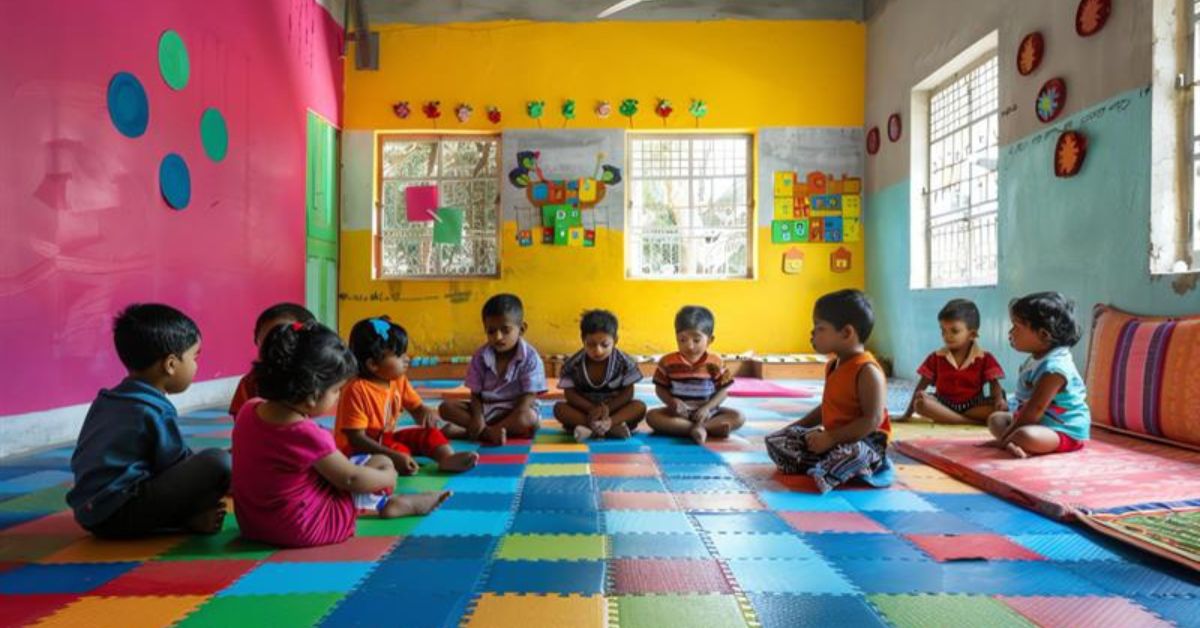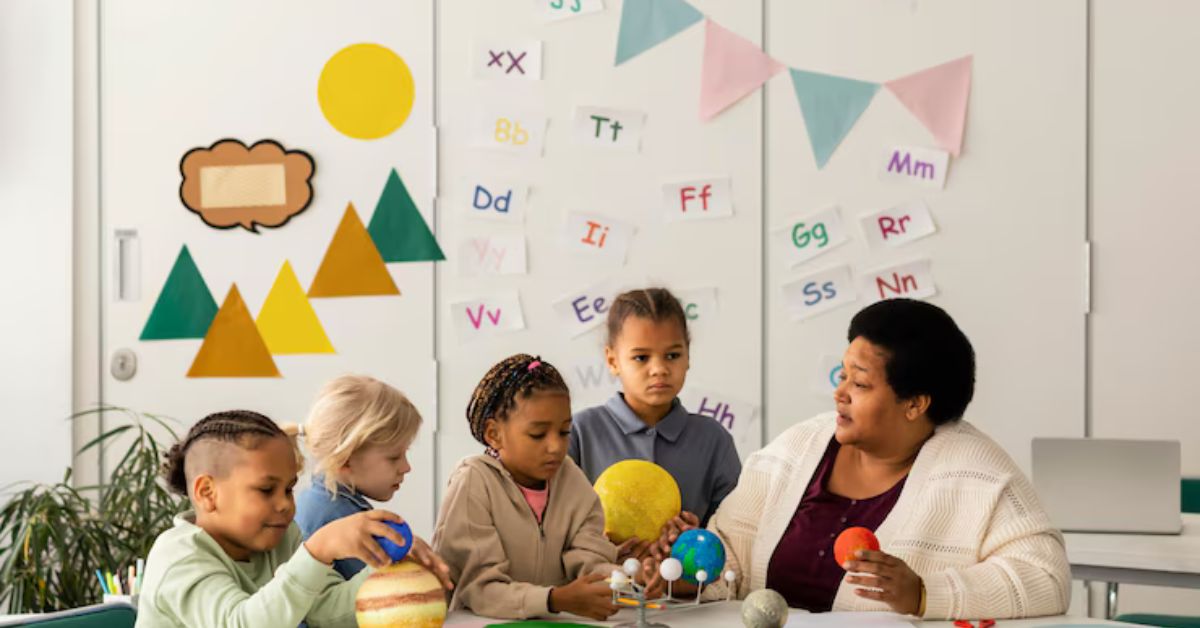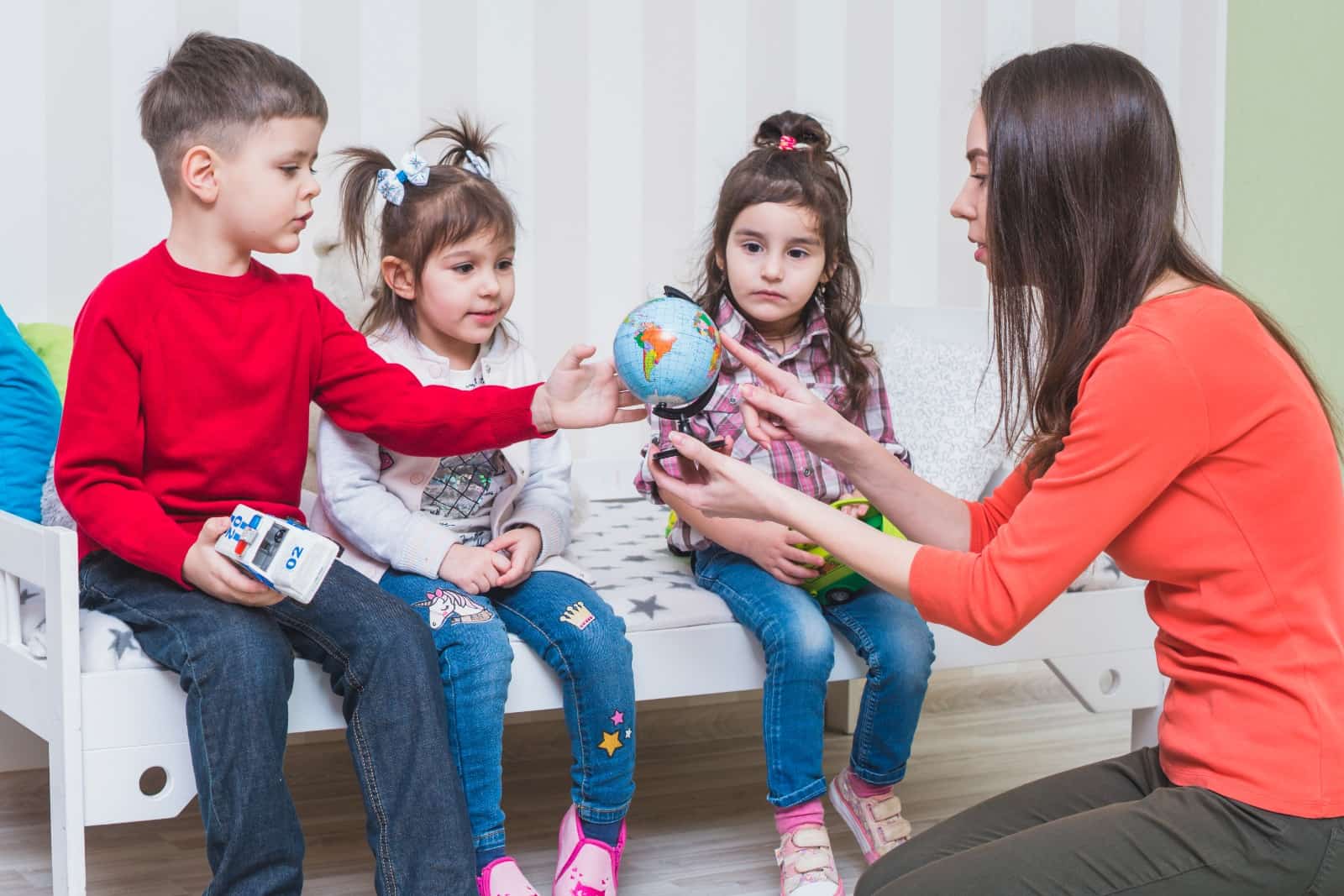Parents nowadays consider more books with the selection of early education. They desire areas where children are safe, inquisitive, and assured. This change of course makes families consider visiting a pre school in Indore that would facilitate emotional and social development as well as simple education. The emphasis of early years is no longer on the speed with which a child learns but to learn.
The largest Early Education trend is Play-Based Learning
Play-based learning is one of the most powerful trends in early childhood education. Children acquire knowledge best by engaging in play, narratives, and action. This approach enhances focus, imagination, and interpersonal abilities automatically. An example of an excellent pre school in Indore would tend to think in this direction to ensure that learning is a happy affair rather than a nightmare.
Why Play Teaches the Brain to Improve
Play enables children to be experimental. Their brain connects well when they build, draw, sing, or role-play. The activities contribute to language development, problem-solving, and expression of emotions. Formal play also enhances listening abilities and patience, which assist children to adapt more conveniently in formal education in future.
Teachers are Leaders, not lecturers.
Teachers in play based settings observe and direct but not to control. They assist children to think and share emotions. This strategy creates trust and confidence. Children are not afraid to ask questions and do something new. This is because healthy emotional development is nurtured at an early age within such environments.
The Reason Why Parents like this Learning Style.
Positive changes do not take long to be noticed by parents. Children will become more outspoken, free, and school-going. The process of learning is not compelled. This will eliminate anxiety and make children have a positive attitude towards education at the onset.
Childhood education creates lifelong practices. The selection of the appropriate pre school in Indore enables children to develop with confidence and curiosity. Play-based learning has also been associated with parents who seek the best pre school in Indore due to the fact that it facilitates balanced development. When children are provided with the right environment, they acquire good backgrounds that make them ready to learn in future with happiness and confidence.










